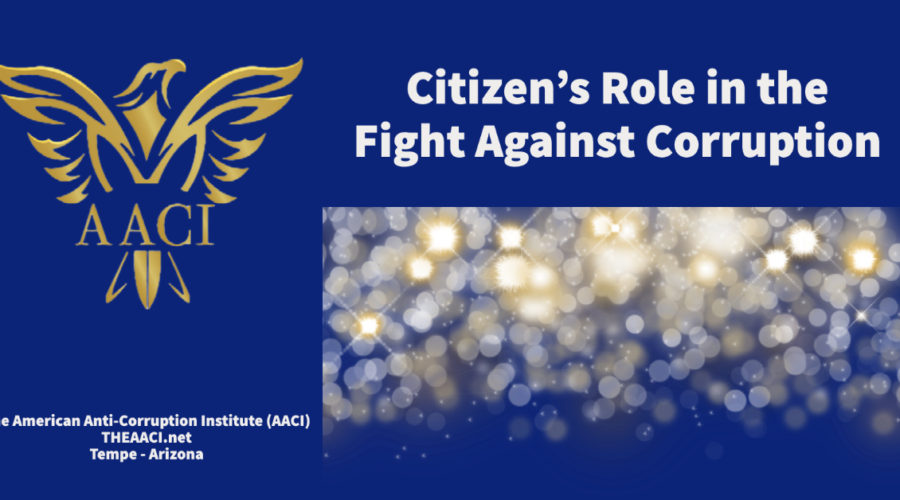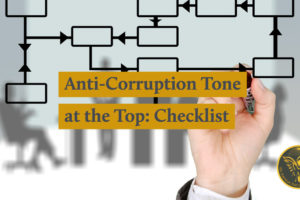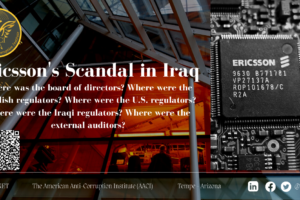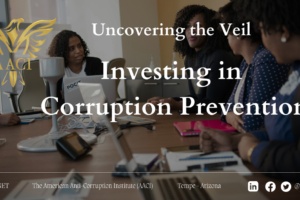Technical Staff
July 31, 2021
Corruption has become an integral part of the government’s failure to confront the plague of poverty and a lack of basic health and education services. We are not exaggerating when we claim that corruption is the primary cause of institutional, corporate, and state failure. What is happening in Venezuela and Lebanon, for example, demonstrates how the state and its institutions are destroyed, and how such states’ assets are plundered. But who are these tainted individuals?
The Corrupt People
People who are corrupt live and dine among us. They are brothers, friends, and coworkers of ours. Our parents, friends, and coworkers are among them. Our children, their coworkers, and their friends are among them. We, the citizenry, are all to blame for corruption and corrupt people in our own countries and others’.
What Should We Do?
There is no direct answer to such a fundamental question, because of the different nature and maturity of the political system and because of the nature of the system of values prevailing in society. In addition to the abundance of natural resources or not. But it must be emphasized that fighting corruption does not mean chaos and lack of rule of law.
Fighting corruption is a direct responsibility of the government. As a result, if the state fails in its fight against corruption, citizens must hold it accountable within the legal frameworks in place. But which citizen are we discussing?
We’re not talking about a slave here; we’re talking about a free citizen. While we acknowledge that neither perfect freedom nor absolute slavery exists, we believe that ignorance is not better than intellectual servitude. Both are instruments in the corrupt’s hands. As a result, we’re talking about a free citizen with just rudimentary awareness of the battle against corruption. Because he believes that corruption is the enemy of the nation, a citizen resists all temptations to become corrupt. A citizen refuses to follow a political party or its leader blindly. A citizen watches corruption in his nation and reports it to the appropriate authorities. A citizen does not vote for a corrupt candidate for public office because he understands that the corrupt have everything for sale, even their homelands.
The Ten Principles of Fighting Corruption
We call on all free citizens to adopt the ten principles of fighting corruption and advocate them in their communities and countries. The effective implementation of these principles provides a reasonable assurance that free men and women can protect their countries from failure or oblivion.











































